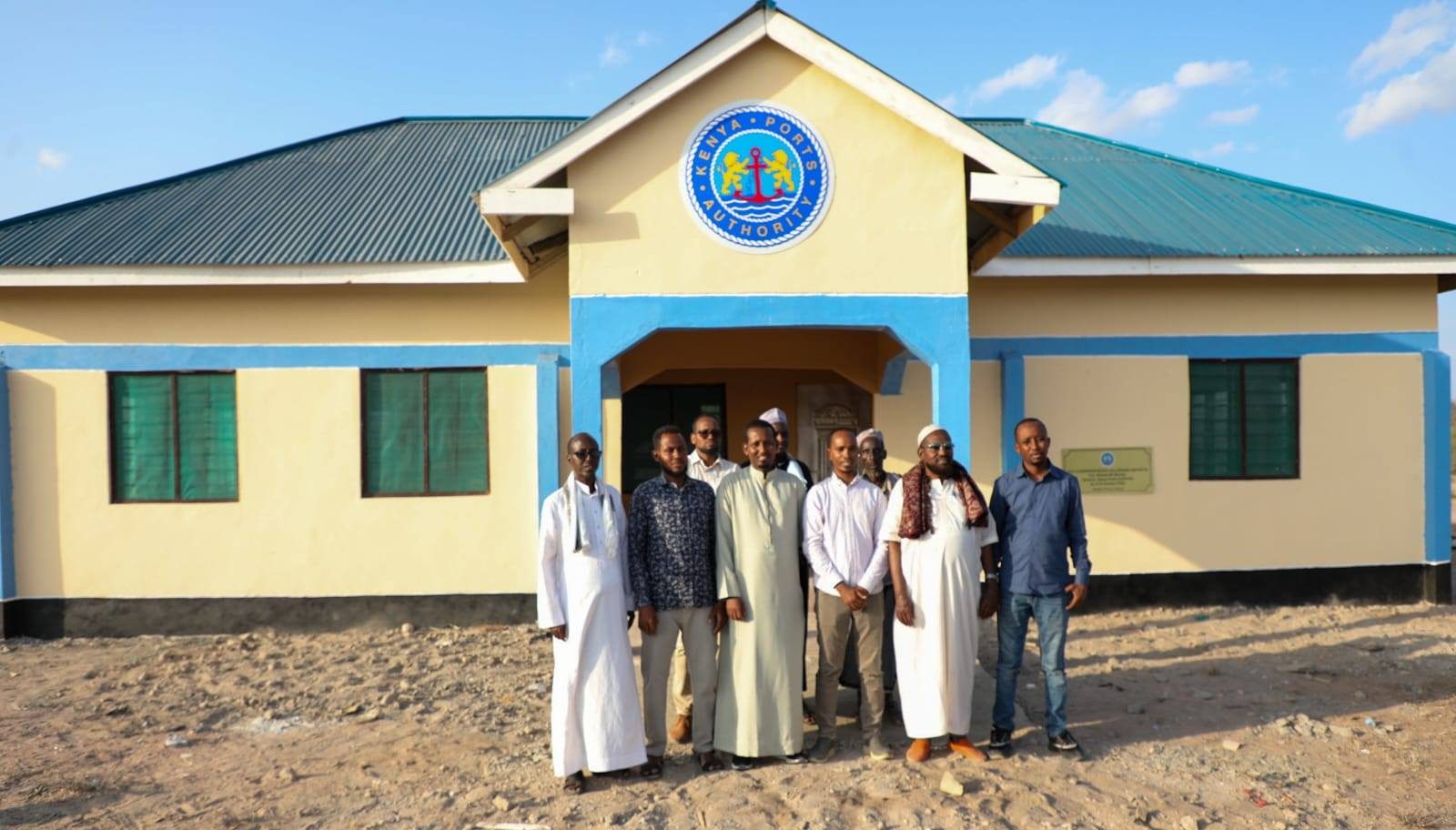Research and classroom evidence indicate that vernacular is not a barrier, but rather a foundation for literacy, confidence, and long-term success in national and global languages.
In Kenya’s classrooms today, the struggle to raise literacy standards is plain for all to see. Year after year, reports show that many learners cannot read or understand simple passages, even after several years of schooling. While policymakers often insist on the primacy of English and Kiswahili, mounting evidence suggests that the real solution lies closer to home: the mother tongue. Far from being an obstacle, vernacular is the root from which literacy, identity, and cultural pride grow. Ignoring it is not just neglecting heritage—it is undermining the very foundation of education.
From the moment a child utters their first words, the mother tongue becomes the channel of thought and expression. It is in vernacular that children first learn to describe their world, to reason, and to bond with family and community. These early experiences provide the scaffolding upon which other languages can later be built. When learners meet English or Kiswahili in school, they do not start from zero. Instead, they lean on the cognitive structures formed in their mother tongue, making it easier to grasp new grammar, vocabulary, and meaning.
READ ALSO:
Strong foundations: How early stimulation prepares children for school and life
Research worldwide has consistently affirmed this link. UNESCO notes that learners taught in their home language are 14 percent more likely to read with comprehension by the end of primary school. In poorer countries, the advantage can be as high as 60 percent. Kenya has witnessed the same pattern. The Primary Mathematics and Reading (PRIMR) initiative demonstrated that children introduced to literacy in their mother tongue performed significantly better, even after transitioning to English. A 2024 study by Joan Muchemi reached the same conclusion: rural learners taught in indigenous languages achieved stronger literacy gains than those introduced to English too early.
Yet, despite these findings, Kenya continues to sideline vernacular in classrooms. Many schools default to English or Kiswahili, driven by the pressure of national examinations, limited resources, or teachers unprepared to use local languages effectively. The consequences are stark. According to a 2023 literacy survey, more than a third of Grade Six learners could not read and understand a Grade Three English passage. A separate study by Zizi Afrique Foundation found that only four in ten Grade Four pupils could comprehend a simple English story. These gaps are widest in marginalised counties, where literacy rates trail far behind those in urban centres. Nairobi and Kiambu, for instance, boast literacy levels above 85 percent, while some arid and semi-arid counties record less than half that figure.
The solution lies in embracing rather than discarding vernacular. Where it has been used, the results are encouraging. In Kiambu County, a 13-week “Developing Readers” intervention helped thousands of struggling pupils move from near illiteracy to emergent or fluent reading levels. The program’s success highlighted the importance of starting where learners are most comfortable—through the language they know best.
But the benefits of vernacular extend far beyond academics. The mother tongue carries the proverbs, folktales, and idioms that teach discipline, respect, and moral values. It grounds learners in their identity and gives them the confidence to face the world. A child who is fluent in their vernacular does not feel lost when learning a new language; rather, they carry with them a strong sense of self-worth. Suppressing the mother tongue, on the other hand, robs them of cultural anchors and leaves them adrift in education.
Vernacular and other languages should not be seen as rivals. The mother tongue is the root, while national and international languages are the branches. Without strong roots, the branches cannot flourish. Kenya must therefore invest in teacher training, develop quality learning materials in indigenous languages, and adopt flexible policies that allow a gradual and balanced transition to other languages.
As the nation prepares its young people for a globalised future, it must not forget that no tree can thrive without roots. Weakening the mother tongue compromises the strength of the entire education system. To strengthen it is to give learners both the cultural depth and the global competence they need to succeed.
By Hillary Muhalya
You can also follow our social media pages on Twitter: Education News KE and Facebook: Education News Newspaper for timely updates.






